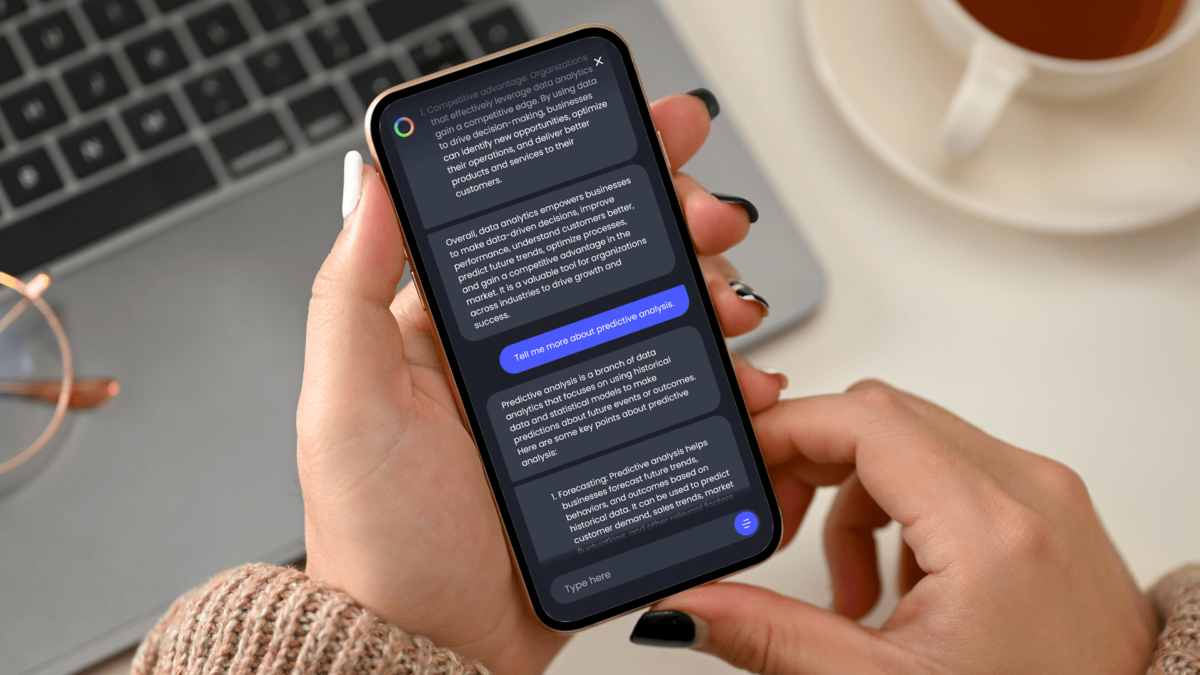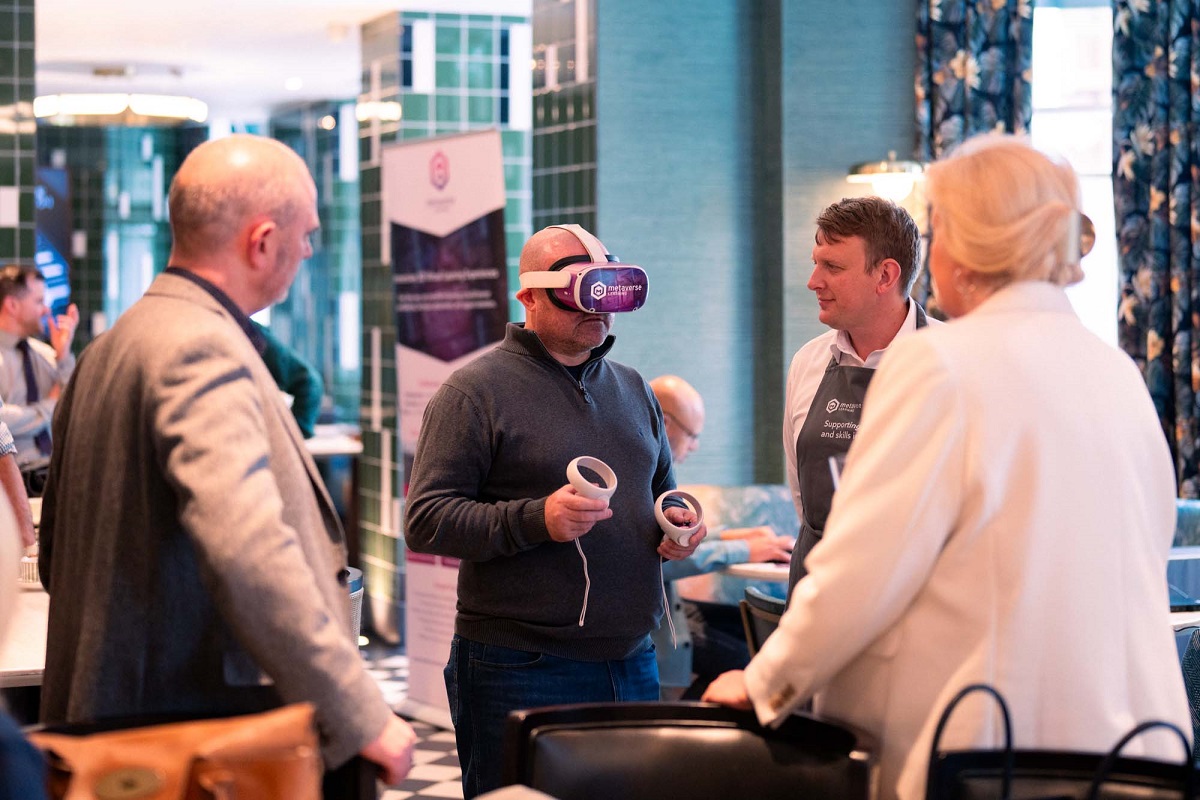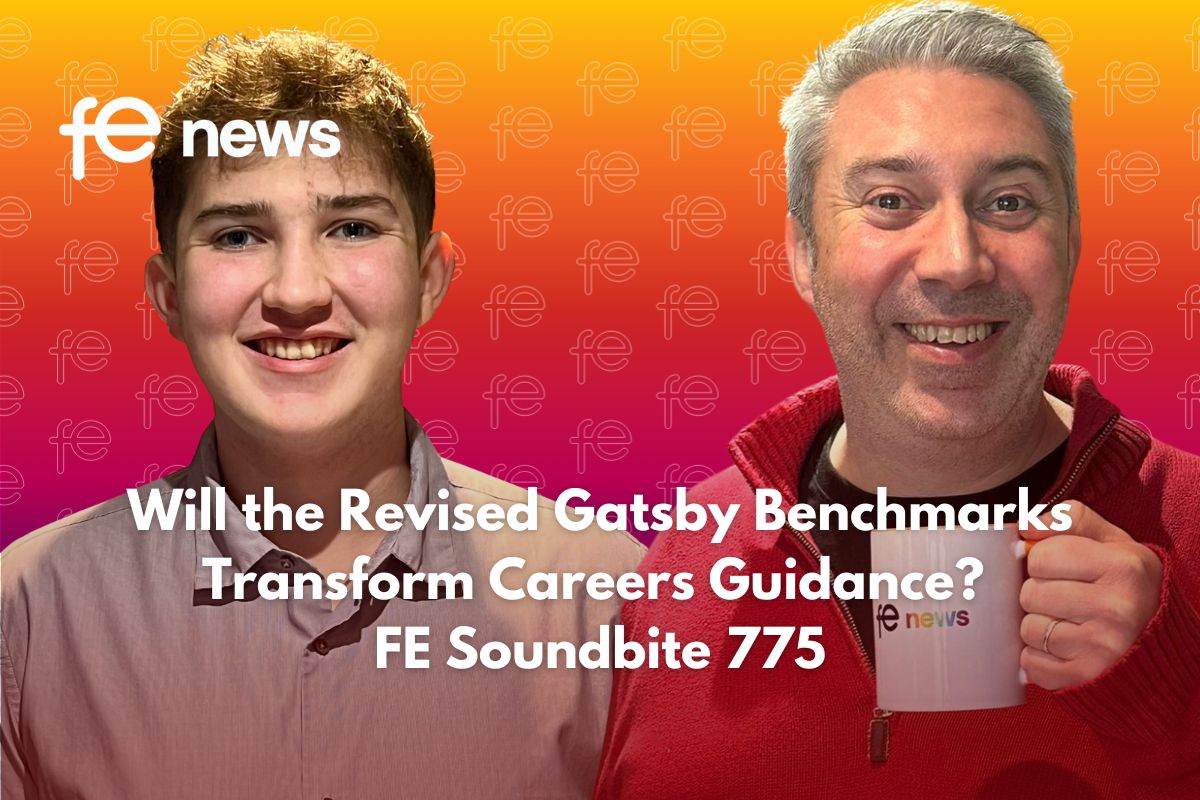The Artificial Intelligence Arms Race And What It Means For Education

The AI competition between Microsoft / ChatGPT and Google Bard, means that huge advancements are coming and will continue to ‘wow’ us in the coming years. The world is changing and so will education. This is the new reality.
Some stats that will blow your mind:
- ChatGPT reached 100 million users within 2 months of launching. It took Netflix 3.5 years to reach this number.
- It costs the creators of ChatGPT, OpenAI, $100,000 per day to run.
- OpenAI has been valued at $29 billion and this is a very conservative estimate.
Microsoft has committed to investing $10 billion in OpenAI and this week announced that it is integrating a more advanced model of ChatGPT into its search engine Bing.
If all of this has passed you by then ChatGPT is a new chatbot that was released in late November to gasps of amazement and awe, all over the world. A giant leap for humankind in technological advancement, this technology is trained to converse like a human and has a vast knowledge base that makes it ‘intelligent’. In other words, we’ve crept even further into the self-fulfilling sci-fi movie prophecies.
So where is Google?
With the release of ChatGPT, the giants of search engine tools seemed to have been left in the dust. But not for long.
On Monday, their CEO Sundar Pichai announced ‘Google Bard’:
“We’ve been working on an experimental conversational AI service, powered by LaMDA, that we’re calling Bard.”
Bard! Interesting name. I suppose it’s better than ChatGPT. Its functionality sounds a lot like ChatGPT. Is it better?
The answer to that question is, we don’t really know yet. The only people that know so far are Google employees. I found out a month ago that Google employees were testing Bard (then referred to as ‘Sparrow’) and were tasked with putting it through its paces.
Has Google been too slow on AI?
Google has already integrated AI into some of their tools. Gmail has been finishing off our sentences for a while now, Google Docs can summarise your content and Google Lens is leading the way in terms of scanning technology. They have been developing ‘deep’ AI for a number of years, but mainly doing this behind closed doors. A Google employee was even sacked a couple of years ago for leaking his opinion that he thought it was ‘sentient’.
So, Google isn’t behind the curve, they’ve just been a lot more quiet about the technology they are working on. OpenAI’s ChatGPT has clearly spooked Google on a PR level and so they’ve accelerated their end-user product development. But they have to be careful, Google has a reputation to maintain and shareholders to keep happy, so any perceived negatives in Google Bard could be detrimental to their business.
The most interesting distinction between ChatGPT and Google Bard, is that Google states their AI chatbot will be able to generate up-to-date information and be more accurate. If this is true, then it will have a huge advantage over ChatGPT (in its current state), which is only trained on data up to 2021 and can present some inaccuracies for its users.
Saying that, Google’s launch event didn’t exactly strike fear into OpenAI. First of all they lost the mobile phone for their live demo and they posted an advert for Bard on Twitter that showed Bard answering a question, but its answer was factually incorrect. This led to Google’s stock value plummeting as much as $100 billion.
What about the implications for education?
Make no mistakes about it, this technology is and will continue to disrupt education.
In the short term, teachers around the world are already cutting their workload by hours every week using ChatGPT. My article Sit tight, ChatGPT is about to change everything, outlines how this can be done. In the longer term, this technology is going to change how we prepare our students for the world and even shake up how students learn.
This realisation has left some educational providers running scared. Some schools in Australia and the USA have even banned this technology. This is a big mistake and will only cause more problems for them and their students. The digital divide between students who have access to technology and those who don’t is already a stark reality. Add access to AI in the mix and failure to prepare students will be preparing them for failure.
Some of the criticisms of ChatGPT from educators include the inaccuracies it sometimes presents. Maybe in the short-term Google Bard can alleviate some of these concerns, if it truly is more accurate and is based on current information.
What is clear is that we are now in an AI arms race that will ‘wow’ us on a monthly basis. In the coming years, this technology will be unrecognisable from what we have now. Current fears may be subdued and more existential fears will be stoked.
This is the new reality. Call me crazy, but I think the education system should reflect reality.

Dan Fitzpatrick is the Strategic Lead for Digital Skills at Education Partnership North East, Director at Edufuturists and founder of ThirdBox. He has a background in leadership, media and school governance. He was awarded the Tech Champion Award at the Digital Industry Dynamite Awards 2022 and featured in the latest EdTech50.











Responses